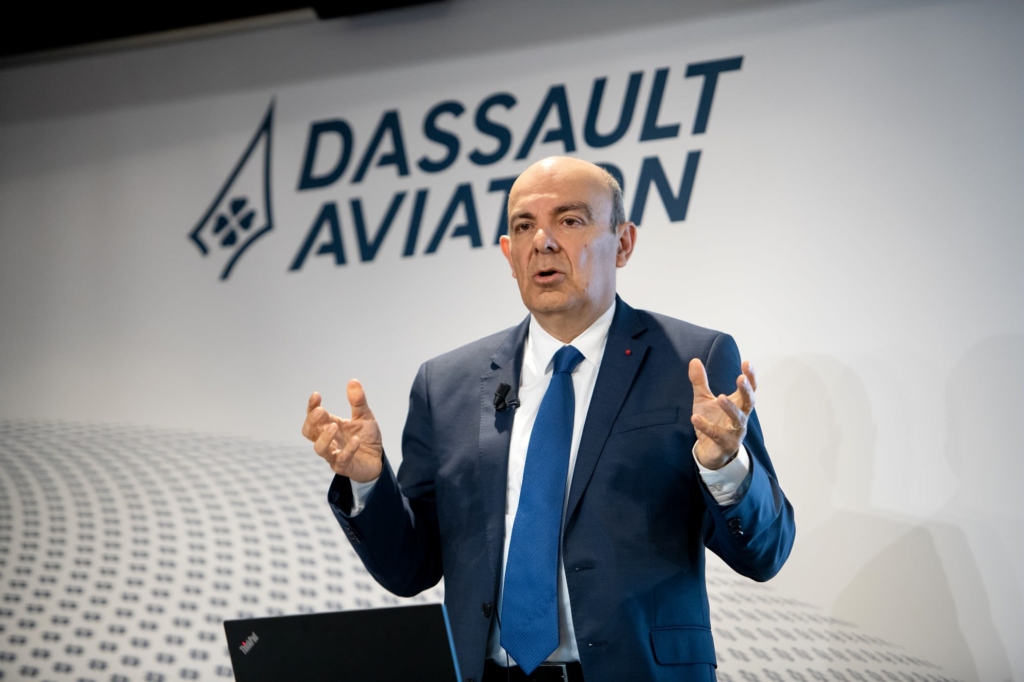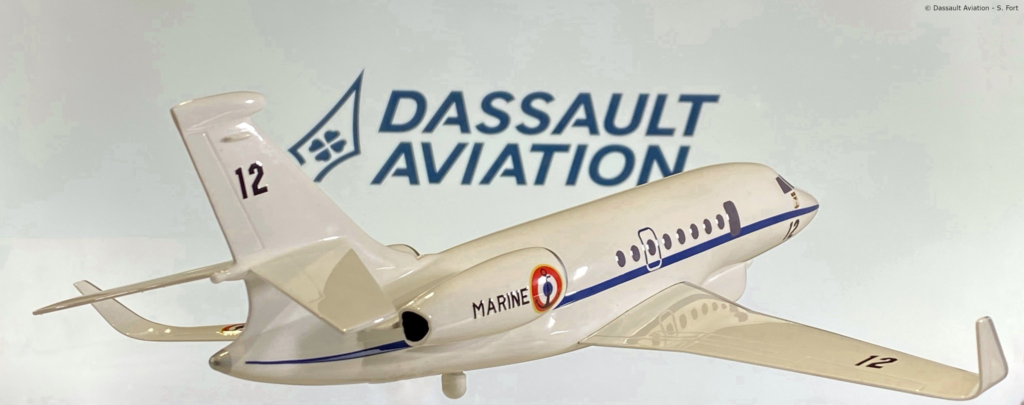
Tag: Delays (Page 1 of 2)
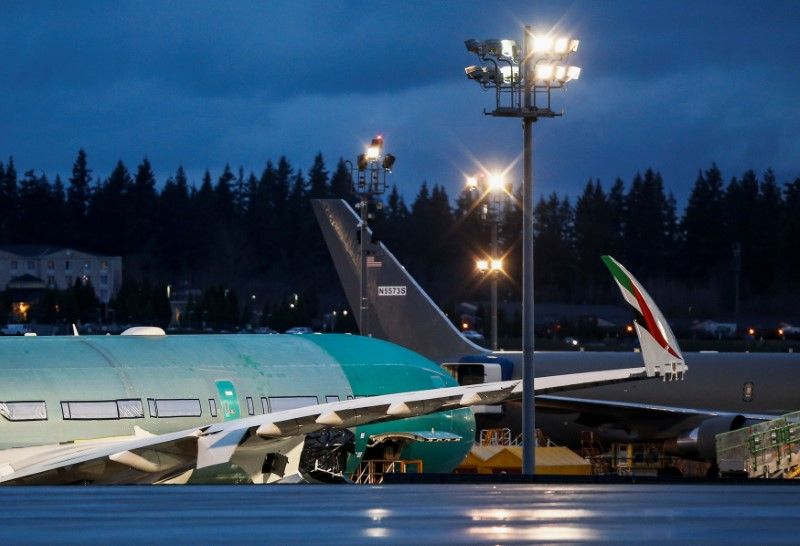
(Reuters) – Boeing Co <BA> said on Wednesday it was delaying 777X airplane’s first test flight, which was scheduled to take place on Thursday, due to bad weather.
Boeing said it was currently assessing the possibility of conducting the test flight on Friday.
(Reporting by Rama Venkat in Bengaluru and Tracy Rucinski in Chicago; Editing by Anil D’Silva)
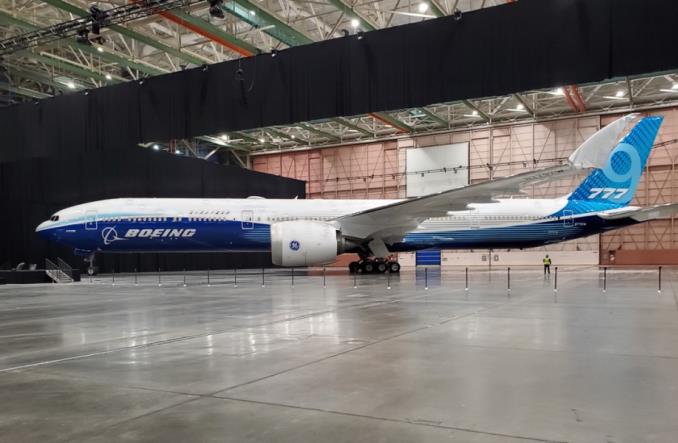
DUBLIN (Reuters) – Brazilian low-cost carrier GOL, which has 130 of Boeing’s grounded 737 MAX jets on order, expects to be flying the jet by April and hopes to secure a compensation deal within months, chief financial officer Richard Lark said on Monday.
“We at GOL are planning April” for the jet’s return to service, Lark told journalists. He said he expected to finalize a deal with Boeing within months that would “make investors whole” for losses associated with the delivery delays.
(Reporting by Conor Humphries; editing by David Evans)
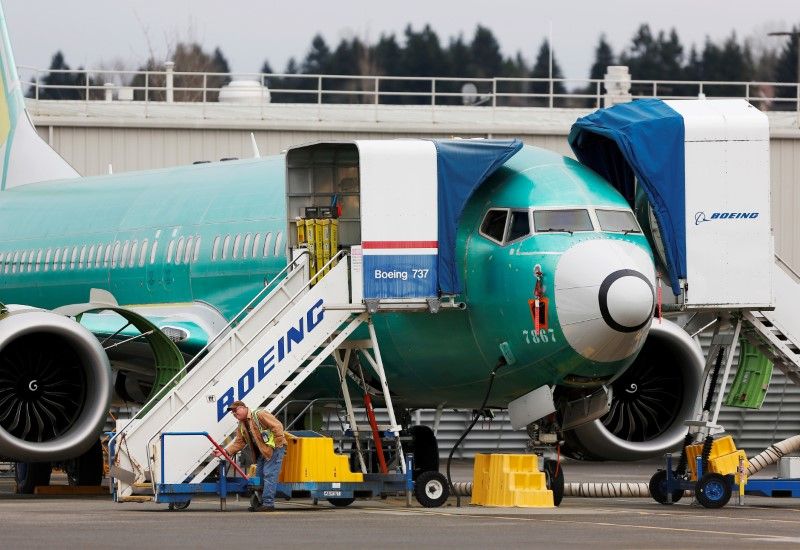
CHICAGO (Reuters) – United Airlines Holdings Inc <UAL> on Tuesday beat Wall Street estimates for quarterly profit and held to its 2020 profit target, with a turnaround strategy overseen by its outgoing CEO underpinning growth even as the Boeing 737 MAX remains grounded.
Chicago-based United is one of three U.S. airlines cancelling more than 1,000 monthly flights in a hit to profits as the 737 MAX remains grounded following two deadly crashes in Indonesia and Ethiopia. Boeing Co <BA> said on Tuesday it does not expect approval for the 737 MAX’s return to service until mid-year, later than previously forecast.
While United has warned of a hit from the MAX grounding, it did not disclose any estimated financial impact from the fallout and stood by its full-year adjusted EPS range of $11 to $13.
Total operating revenue rose 3.8% to $10.89 billion, boosted by strong travel demand and Chief Executive Oscar Munoz’s three-year strategy to build up the airline’s flight connections through its main U.S. hubs. United President Scott Kirby will succeed Munoz as CEO later this year.
Revenue per mile flown, a closely watched industry measurement, rose 0.8% in the fourth quarter and United forecast similar growth in the first quarter given solid bookings.
However, unit costs excluding fuel and profit-sharing expenses, a concern for investors in a year of contract negotiations with pilots, rose 2.7%.
United had already announced a non-cash impairment charge of $90 million in the fourth quarter related to its Hong Kong routes, following anti-government protests in the city.
Shares of United closed 4.4% lower at $85.79 before the earnings release, tracking sharp declines for U.S. airline and travel stocks on concerns over the Wuhan coronavirus in China, which J.P.Morgan analyst Jamie Baker said poses a near-term overhang for airlines.
United did not comment on the outbreak in its results but separately said there is no impact on its operations and it remains in close contact with U.S., Chinese and other Asian authorities on safety.
United management will host a conference call to discuss results on Wednesday at 10:30 a.m. EST (1630 GMT).
Adjusted net income rose to $676 million, or $2.67 per share, in the fourth quarter to Dec. 31, from $657 million a year earlier, topping a Wall Street consensus forecast for $2.65 per share.
Fellow U.S. MAX operators Southwest Airlines Co <LUV> and American Airlines Group Inc <AAL> are due to report quarterly results on Thursday.
The three airlines are scheduling without the MAX until early June though that timeline will likely need to be pushed back following Tuesday’s guidance from Boeing.
United, which had 14 737 MAX jets in its fleet at the time of the grounding, said it plans to take delivery of 28 MAX variants in 2020 depending on U.S. regulatory approval and Boeing’s subsequent pace of production and deliveries.
Among other aircraft orders, it expects to take delivery of two Boeing 777-300’s and 15 Boeing 787’s in 2020 but has decided to assign its purchase obligations for 20 Embraer 175’s to one of its regional partners once each jet is delivered.
(Reporting by Tracy Rucinski in Chicago; Additional reporting by Dominic Roshan K L in Bengaluru; Editing by Matthew Lewis)
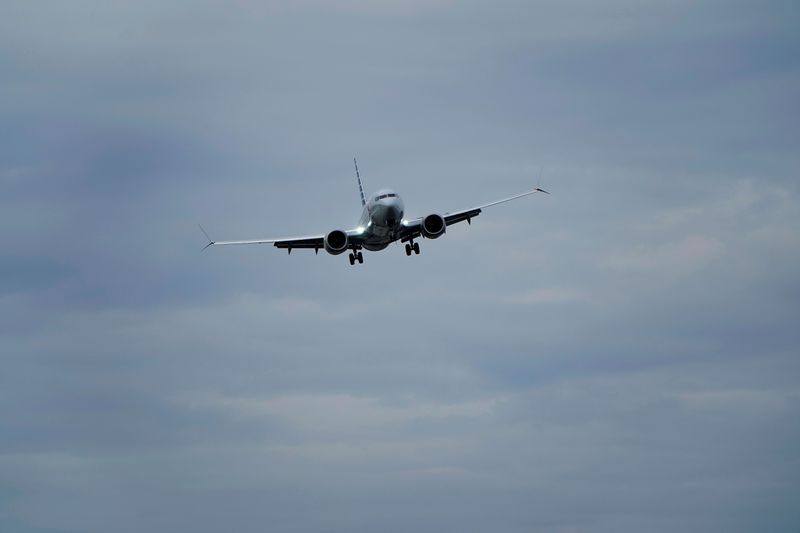
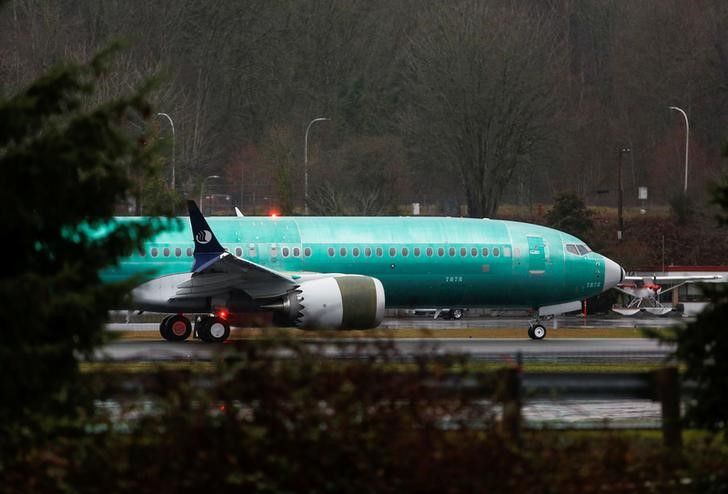
SYDNEY (Reuters) – Papua New Guinea carrier Air Niugini has updated its contract with Boeing Co <BA> to delay the delivery of its four 737 MAX jets on order until at least 2024, the airline’s chief executive said on Tuesday.
The carrier had been due to receive its first 737 MAX this year.
Air Niugini Chief Executive Alan Milne told Reuters the delay would give the airline more time to complete a broader review of its fleet plans, including a replacement for its smaller Fokker jets.
“This will then determine if the MAX is still appropriate for Air Niugini, or whether another Boeing product would better suit as a replacement for the 737/767,” he said, in reference to older models in the airline’s fleet.
Milne said it was possible the 737 MAX orders could be switched to the smaller Embraer SA <ERJ> E2 family if Boeing’s deal to buy the bulk of the Brazilian planemaker’s commercial division closes.
“Air Niugini is a valued Boeing customer and we are working closely with the airline to meet its evolving fleet requirements,” a Boeing spokesman said. “Unfortunately, we do not disclose ongoing customer discussions and have no further comment.”
Some other Boeing customers, including Malaysia Airlines, Virgin Australia Holdings Ltd <VBHLF> and Norwegian Air Shuttle ASA’s <NWARF> leasing arm have also postponed the delivery of 737 MAX jets since the model was grounded globally last March after two fatal crashes.
Boeing confirmed on Monday that it has temporarily halted production of the 737 MAX in Washington State in recent days. The company had said in December it would halt production at some point this month.
(Reporting by Jamie Freed; Editing by Paul Simao and Sam Holmes)
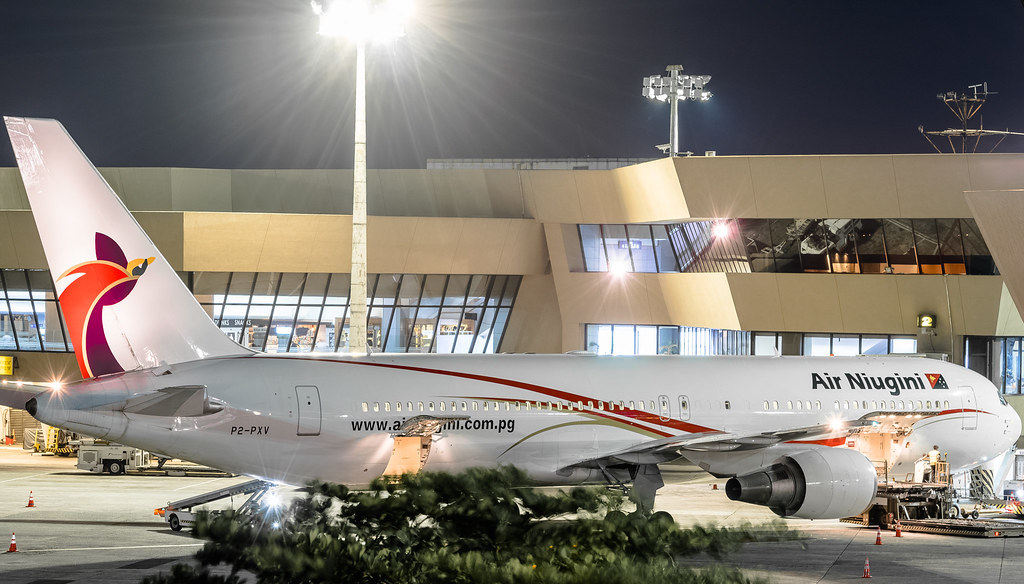
BEIJING/PARIS (Reuters) – Development of China’s C919 single-aisle plane, already at least five years behind schedule, is going slower than expected, a dozen people familiar with the programme told Reuters, as the state-owned Commercial Aircraft Corporation (COMAC) struggles with a range of technical issues that have severely restricted test flights.
Delays are common in complex aerospace programmes, but the especially slow progress is a potential embarrassment for China, which has invested heavily in its first serious attempt to break the hold of Boeing and Airbus on the global jet market.
The most recent problem came down to a mathematical error, according to four people with knowledge of the matter.
COMAC engineers miscalculated the forces that would be placed on the plane’s twin engines in flight – known in the industry as loads – and sent inaccurate data to the engine manufacturer, CFM International, four people familiar with the matter told Reuters. As a result, the engine and its housing may both have to be reinforced, the people said, most likely at COMAC’s expense – though another source denied any modification.That and other technical and structural glitches meant that by early December, after more than two and a half years of flight testing, COMAC had completed less than a fifth of the 4,200 hours in the air that it needs for final approval by the Civil Aviation Administration of China (CAAC), two people close to the project told Reuters.
Click the link for the full story!
https://finance.yahoo.com/news/china-bid-challenge-boeing-airbus-024459909.html
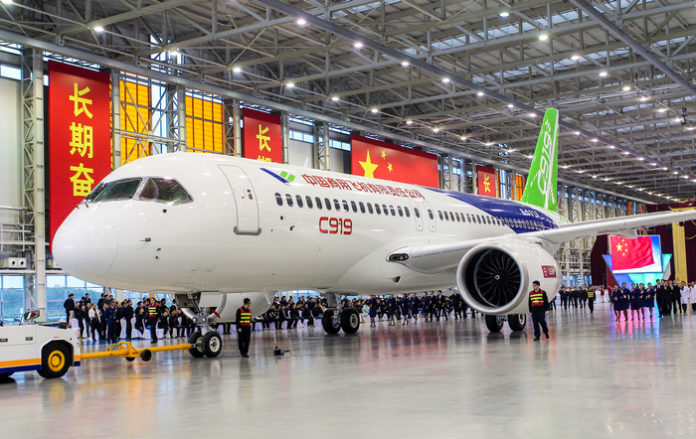
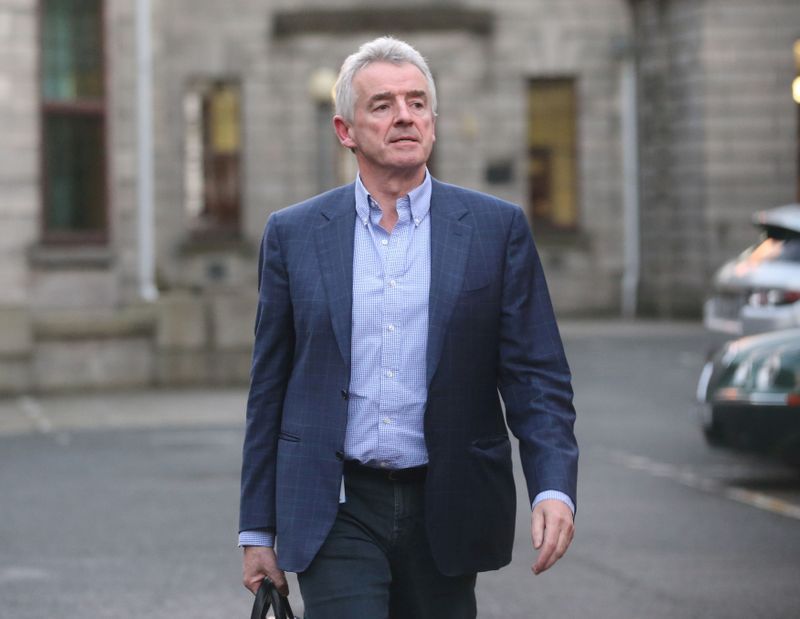
BERLIN (Reuters) – Ryanair <RYAAY> is prepared for further delays to the delivery of its Boeing <BA> 737 MAX airliners, its chief executive Michael O’Leary told German magazine Wirtschaftswoche, adding that he would only discuss compensation after the aircraft had been delivered.
The 737 MAX airliner has been grounded since March following two crashes which claimed 346 lives.
One of the world’s largest airlines, Ryanair has ordered 135 of the jets.
“We were meant to have 58 planes by the summer,” O’Leary said in the interview, extracts from which were published on Friday. “That went down to 30, then 20, then 10 and the latest is maybe only five. It’s possible we’ll only get the first jets in October 2020.”
In contrast to other airlines, including Turkish, Southwest Airlines <LUV> and Germany’s TUI <TUIFY>, which have already agreed compensation with Boeing, O’Leary added that he would only discuss compensation after the planes were delivered.
(Reporting by Thomas Escritt; editing by Thomas Seythal)
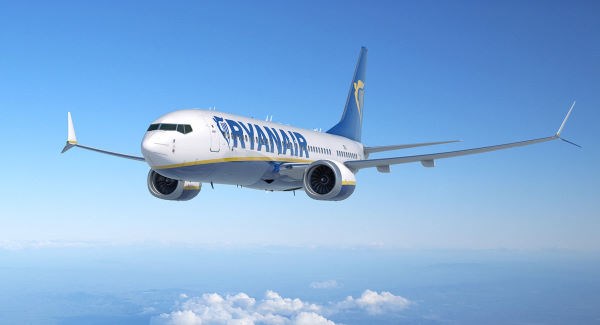
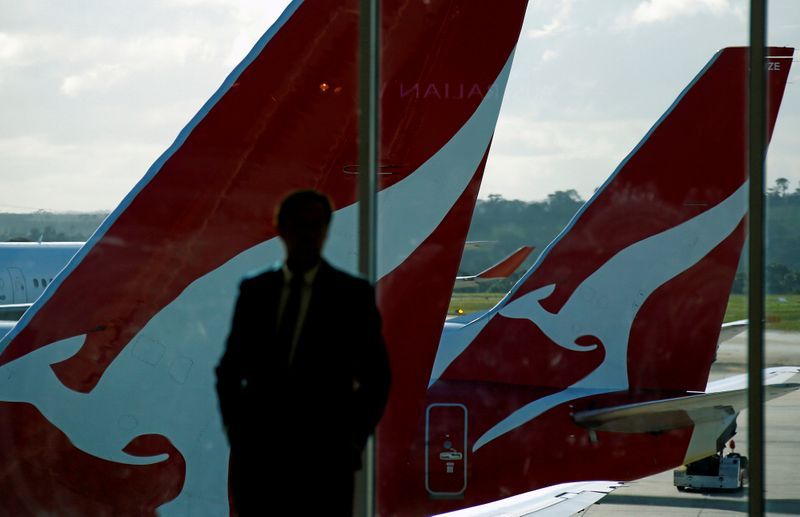
SYDNEY (Reuters) – Qantas Airways Ltd <QABSY> said on Friday it has chosen Airbus SE <EADSY> as preferred supplier for jets capable of the world’s longest commercial flights from Sydney to London, beating rival Boeing Co <BA> after a hard-fought contest.
The choice of up to 12 A350-1000 planes fitted with an extra fuel tank for flights of up to 21 hours cements Airbus as the leader in ultra-long haul flying globally at a time when Boeing is battling delays on its rival 777X programme and a broader corporate crisis following two deadly 737 MAX crashes.
The Qantas flights would begin in the first half of 2023, but remain subject to reaching a pay deal with pilots, who would need to extend their duty times to around 23 hours to account for potential delays and switch between flying the A350 and the airline’s current A330 fleet. A final decision on an order is expected in March, the airline said.
Qantas Chief Executive Alan Joyce said the airline “had a lot of confidence” in the market for non-stop services from Sydney to London and to New York based on two years of flying non-stop from Perth to London, where it has achieved a 30% fare premium over one-stop rivals in premium classes.
“The A350 is a fantastic aircraft and the deal on the table with Airbus gives us the best possible combination of commercial terms, fuel efficiency, operating cost and customer experience,” he said.
Singapore Airlines Ltd <SINGY> operates the world’s current longest flight, nearly 19 hours from Singapore to New York, using an ultra-long range version of the smaller A350-900.
Airbus Chief Commercial Officer Christian Scherer thanked Qantas for its selection in a statement, while a Boeing spokesman said it was disappointed with the decision but looked forward to continuing its longstanding partnership with the airline.
Rico Merkert, a transport professor at the University of Sydney Business School, said the A350-1000 fit the Qantas brief well and was the safer choice, given Boeing has recently reported problems such as the grounding of the 737 MAX, structural cracks in 737 NGs and a fuselage split in a stress test of its 777-9.
“The A350 just seems to be a much safer bet,” he said. “And safety is at the core of everything that Qantas does including its brand.”
Airbus no longer provides list prices for aircraft, but based on its 2018 price list, the Qantas order could be worth up to $4.4 billion before heavy discounts that are standard for airline customers.
Citi on Friday estimated the planes would cost A$3 billion (1.6 billion pounds) to $3.5 billion, with the investment likely to be phased over three years.
The selection of the A350-1000 will add to growing doubts over Boeing’s plans to produce the 777-8 that it had proposed to Qantas for the mission.
Boeing had already said the entry into service for the plane, a smaller, longer-range version of the 777-9, would be delayed beyond 2022 but has declined to give a new date, saying it would be based on customer demand.
Customers Emirates and Qatar Airways have indicated they could switch orders for the 777-8 to the 777-9.
The 777-9 is due to enter service in 2021, following delays associated with its GE <GE.N> engines.
The Boeing spokesman said on Friday the manufacturer was focused on the development of the 777-9 and after that it would complete development of the 777-8, with the first delivery scheduled a few years after that.
(Reporting by Jamie Freed; Editing by Sam Holmes and Stephen Coates)
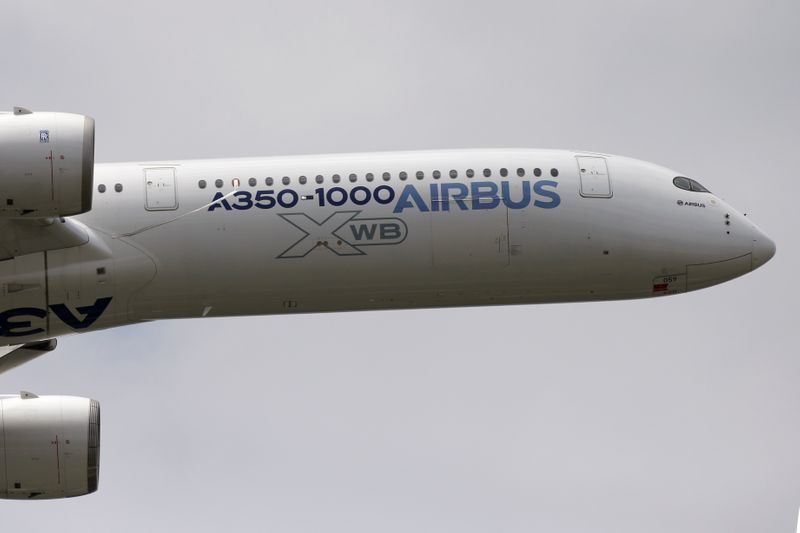
- Investments as airline expands global network from DFW, improves customer experience
FORT WORTH, Texas — American Airlines has announced plans to build a new, larger catering kitchen at Dallas Fort Worth International Airport (DFW). The new facility is part of American’s long-term growth strategy at its largest hub, and will allow the airline to better serve customers as it grows.
The investment reaffirms American’s commitment to grow and improve customer experience at DFW. In addition to the new kitchen, construction is also slated to begin ona a state-of-the-art aircraft parts distribution facility, which will help reduce maintenance delays by providing parts from DFW to American’s global network.
This year alone, American has expanded at DFW by adding 15 more gates and increasing the amount of flying to 900 daily departures. Additionally, the airline introduced a Flagship Lounge to serve premium customers travelling to international destinations. The growth is part of a larger strategy that will continue as American continues to invest in the operational efficiency and customer experience initiatives at DFW.
“DFW remains a great source of opportunity and growth for American,” said Cedric Rockamore, American’s Vice President of DFW of Hub Operations. “These investments will ensure we can continue to welcome the world to and through DFW for a very long time.”
Catering kitchen
American will build a new catering kitchen to support DFW’s current and future catering demands. The new facility will replace the existing catering kitchen, which was built in 1982 and is too small to support the airport’s growing operation. Construction on the new kitchen will begin in January 2020.
“In addition to more space, the new kitchen will provide updated equipment and efficiencies to improve our catering operation, which improves our reliability and provides a better experience for our customers,” Rockamore said.
The $100 million construction project will take about 18 months to complete and supports the first phase of development for DFW’s new Terminal F. This phase includes four new gates and customer areas located on the southeast corner of Terminal D and is scheduled to open in 2022.
The kitchen will continue to be staffed and operated by LSG Sky Chefs, the airport’s largest catering vendor.
Central Fulfillment Center and cargo mail facility
American plans to break ground in January 2020 on a new Central Fulfillment Center that will house aircraft parts for line maintenance support across our network. The 390,000-square-foot facility will enable the airline to fulfill request for parts up to 75% faster, minimizing potential maintenance delays. Locating this facility at DFW enhances our ability to distribute parts for overnight maintenance throughout the network.
This project will also include a facility for cargo mail, a key revenue stream and narrowbody product for American Airlines Cargo. The expanded space will allow the Cargo team to optimize fleet, network and market demands for transporting mail.
Terminal expansion
To support the demand for additional growth, DFW continues to develop new and optimize existing terminal spaces. These efforts include two new gates and customer areas at Terminal E, which American will utilize to support summer 2020 flying, and the continued development of Terminal F.
With the first phase of development for Terminal F underway, details of the additional phases will be developed as American and DFW continue to study infrastructure demands and customer needs.
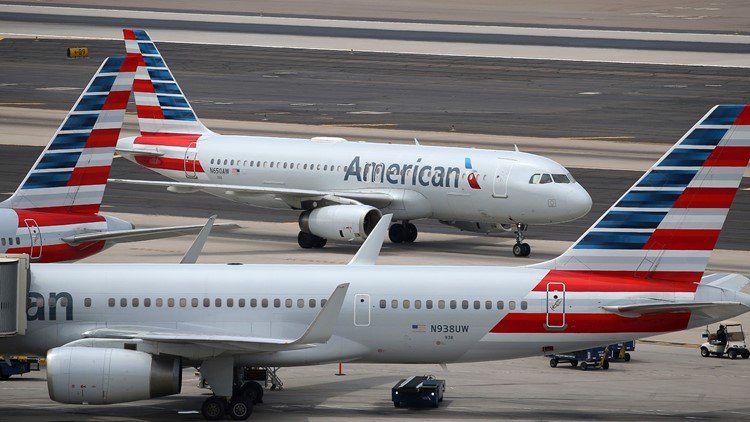
DUBAI, Nov 22 (Reuters) – The board of Rolls-Royce must urgently address its engine performance problems, the head of Dubai’s Emirates said, as the world’s largest buyer of wide-body jets weighs up who will power its order of Boeing 787 jets.
Emirates agreed to buy its first 787 Dreamliners in a last-minute, $9 billion deal at the Dubai Airshow on Wednesday, without specifying what engine would power it, while reducing its order for the U.S. planemaker’s delayed 777X model.
The 787’s, which can take either Rolls or rival GE Aviation’s GEnx engines, will be delivered to Emirates in 2023, a year later than a tentative purchase plan outlined two years ago.
That gives Rolls-Royce more time to sort out the durability issues in its Trent 1000 engines before Emirates believes a realistic competition can be held.
“Rolls have had a number of wake up calls and they really need to sort themselves out. I think the alarm clock has gone off a number of times,” Emirates President Tim Clark said at the Dubai Airshow.
“If I were on the board, I would be looking to recognise the issues… and deal with them immediately, meaningfully, forcefully and drive change,” he told reporters.
A spokeswoman for Rolls-Royce said it was proud that Emirates had chosen to order 50 Airbus A350s, powered by Rolls’ Trent XWB, in a deal announced this week.
“We are confident in the reliability and performance of our engines, and in our commitment to meeting the high standards expected by our customers,” the spokeswoman said.
“(Emirates) is one of the largest operators of our Trent engines in the world, and we are committed to maintaining our strong relationship with them.”
The Rolls-powered version of the 787 has been hit by repeated technical problems, leading to share price pressure and drawing criticism from airlines.
The engine maker’s chief executive Warren East said on Nov. 7 that the company would spend more on parts and replacement engines to reduce the time aircraft are grounded while turbine blades are replaced.
Clark said that the situation at Rolls was “salvageable” if board acted quickly and accepted the issues they were having.
“With the reputation that (Rolls) has for quality engineering and its excellence in the past, they must restore that as the gold standard,” he said.
He said his comments should not be read as a criticism of any individuals including East.
Clark has been a vocal critic of engine makers, saying in September he wouldn’t take new planes unless their engines were ready and said he was “a little bit irritated” by delays at Rolls and GE.
GE powers the 777X, which Emirates cut its order of on Wednesday after Boeing pushed back its entry into service, partly due to issues with its engines.
Clark said engine makers should only offer technology that was mature enough to work reliably in the demanding conditions of the Gulf, adding: “Don’t use (airlines) as guinea pigs”.
(Reporting by Tim Hepher, writing by Alistair Smout, Editing by Louise Heavens)

